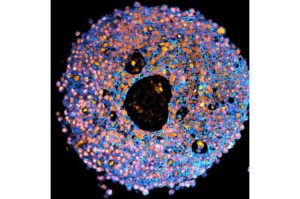
3D bioprinted mini placentas could transform pregnancy research
By 3D bioprinting miniature placentas, scientists have provided a new way to study complications in pregnancy, with the research led by the University of Technology Sydney (UTS).

By 3D bioprinting miniature placentas, scientists have provided a new way to study complications in pregnancy, with the research led by the University of Technology Sydney (UTS).
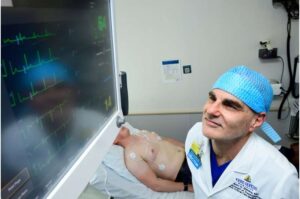
A new artificial intelligence model found previously undetected signals in routine heart tests that strongly predict which patients will suffer potentially deadly complications after surgery. The model significantly outperformed risk scores currently relied upon by doctors.
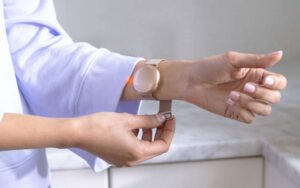
University of Massachusetts Amherst researchers and scientists at Embr Labs, a Boston-based start-up, have developed an AI-driven algorithm that can accurately predict nearly 70% of hot flashes before they’re perceived.
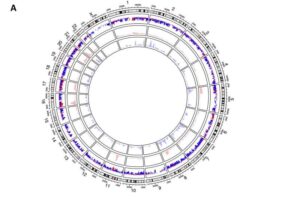
Researchers from the University of Birmingham’s Bladder Cancer Research Center have used a new method to detect chemical changes in the DNA in an individual’s urine sample; epigenetic changes, called methylation.
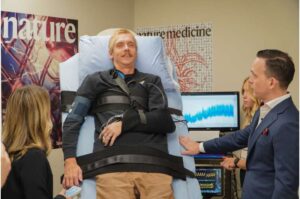
Getting out of bed in the morning without the risk of passing out is a game-changer for 32-year-old Cody Krebs. In 2022, Krebs experienced a severe spinal cord injury (SCI) in a motor vehicle accident. Since that time, Krebs requires the use of a wheelchair.
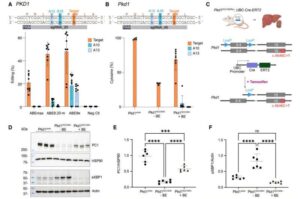
Researchers in Berlin have used base editing to repair mutations that cause the kidney disorder ADPKD in cells from both mice and humans. In mice, a team led by Michael Kaminski was able to ease a key symptom of the difficult-to-treat disease.
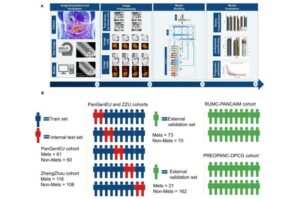
Pancreatic cancer remains one of the biggest challenges in the field of oncology. Numbers of cases are increasing, and the latest personalized therapies and immunotherapy are not yet yielding results.
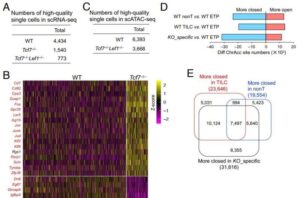
A researcher at the Hackensack Meridian Center for Discovery and Innovation (CDI) and physician-scientist colleagues from Hackensack Meridian Health have shown how a critical pathway is fundamental to the immune system.
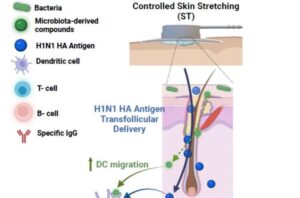
Researchers show that stretching the skin stimulates immune cells and increases the skin’s ability to absorb large molecules, including those present in vaccines.
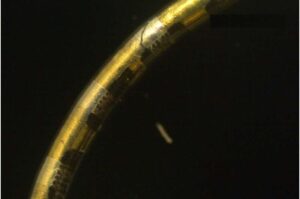
Developed by Stanford researchers, NeuroString is a hair-thin multichannel biosensor and stimulator with promising potential applications in drug delivery, nerve stimulation, smart fabrics, and more.